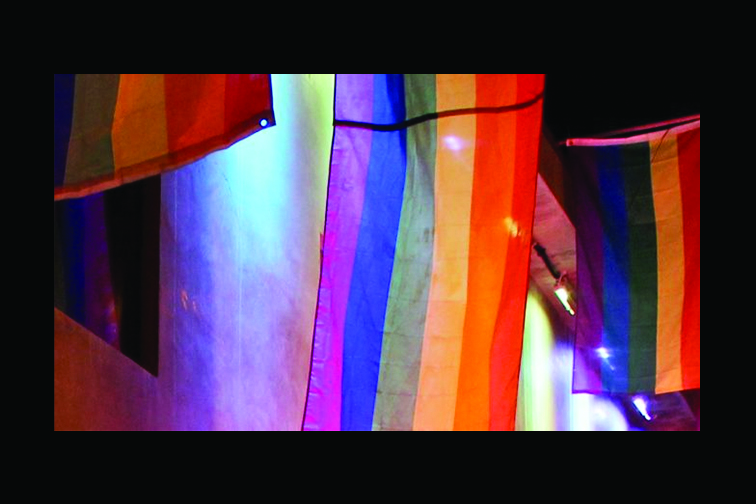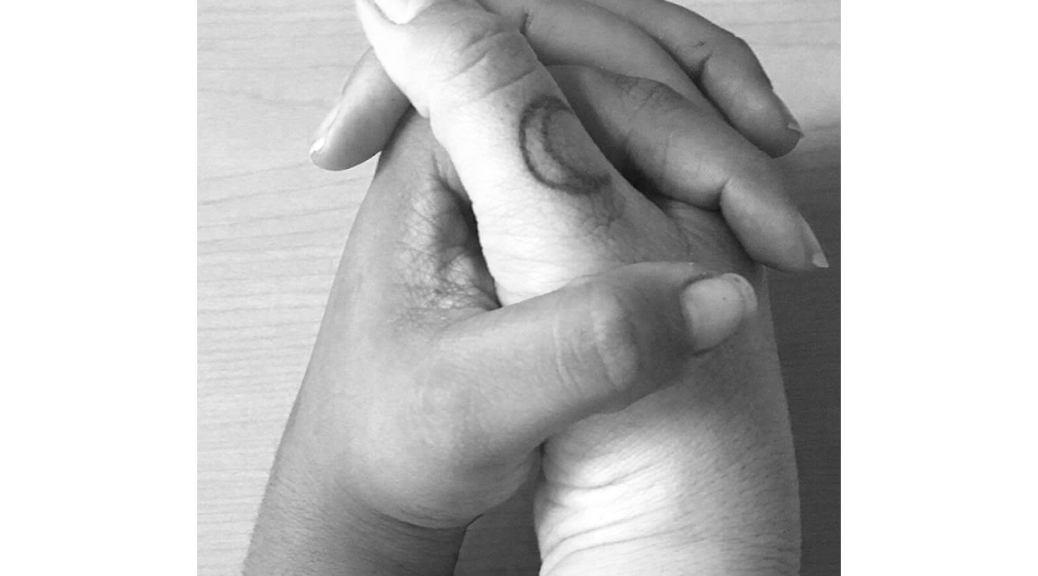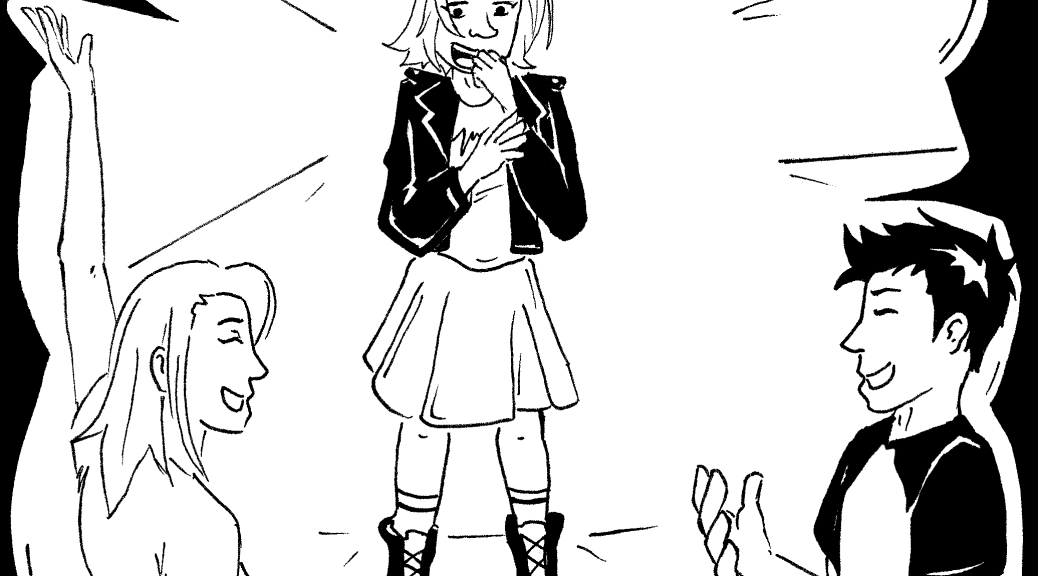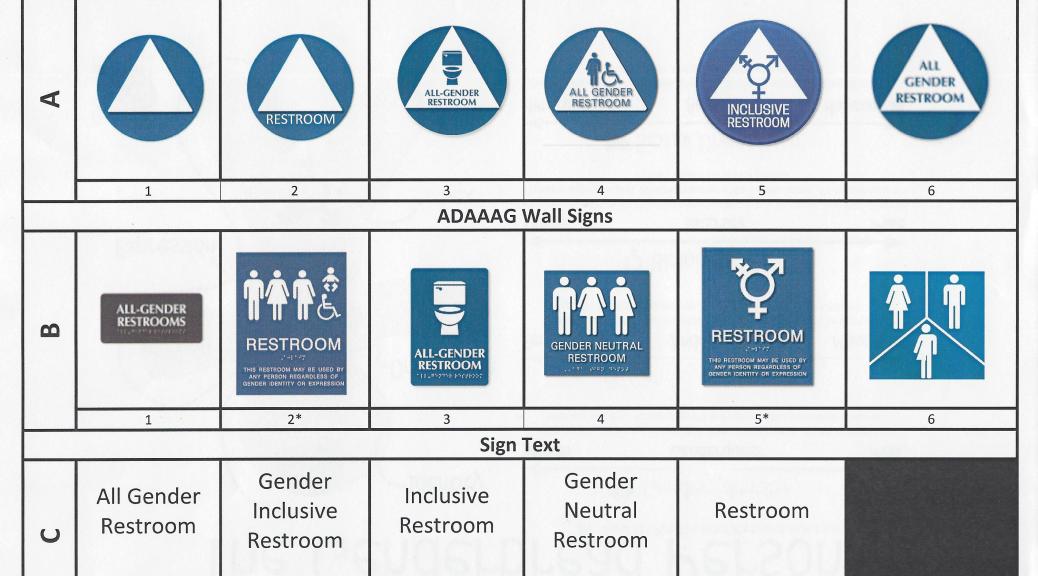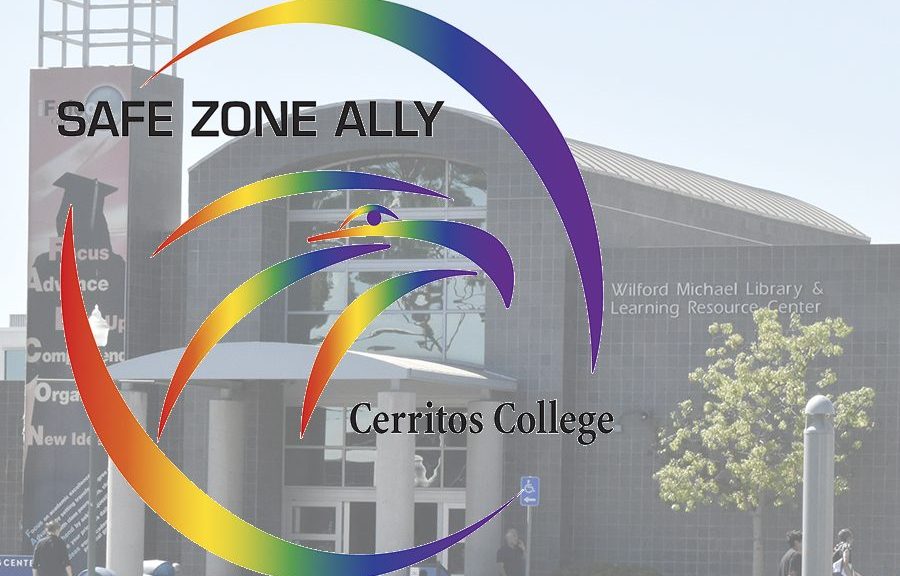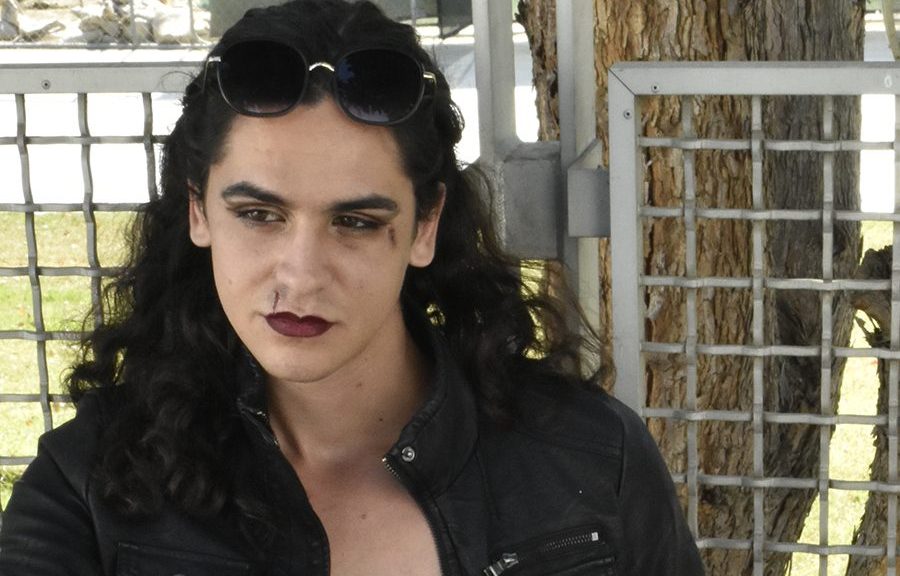By Lizette Sainz
The city of West Hollywood is 31 years old.
City of West Hollywood Public Information Officer Communications Department Officer Joshua Schare said, “The city of West Hollywood was incorporated in 1984, by a unique coalition comprised of gays, lesbians, Russians, Seniors and others who advocated rent control.”
He continued, “The history of West Hollywood has the LGBTQ community, it is the foundation of the city. It was founded around the gay and lesbian community in the early 80s and activism went into the founding of the city in 1984.
“The gay community was a huge part of this area in the 70s, this is back when to the city was unincorporated territory. In the 60s and in the 70s there were large areas of Los Angeles County that were unincorporated and still are till this day.”
He added, “Russians who had left their Soviets States in the 70s, came as a wave of immigration into this particular area, there’s a huge Russian community in the eastern side of the city.”
It is hard to separate the city from its gay history, population-wise, more than 40 percent of the city is LGBT. The city is also filled with bars, restaurants, establishments, stores, and businesses, that cater to gay, lesbians, bisexual, and transgender people who live in or around the region, who come to West Hollywood to dance or drink on the weekend.
Schare said, “West Hollywood was the first city of its kind, it had openly gay council members as early as 1984 and that is still the case, there has always been an [openly gay] council member on the city council.
“One of the [current] council members, John Heilman, was one of the founding council members of the city.”
The city has five elected council members and a city manager who handles the day to day operations of the city.
Schared said, “The city manager, whose name is Paul Arevalo, handles the day to day operations of West Hollywood-City Hall. The five-city council members pass legislation, vote on initiatives, and then direct City staff, via the City Manager.”
“Lauren Meister is the current mayor, the council members all have their different issues that they like to work on.”
The city is one of the most progressive cities regarding LGBTQ issues.
It has always developed and implemented policies that promote the inclusion, safety, civil rights, and protection for lesbians, gay and transgender people.
As early as 1985 the city worked on early versions of domestic partnership policies that would allow people within the city to receive rights and protections of marriage, even before marriage was a possibility on the policy landscape.
“The city was an advocate for marriage equality and adopted local policies to support it,” Schare said.
Schare continued, “The city has a foundation for social services support, we spend about $5,000,000 a year out of the city’s general fund, that’s approved by the city council on regular basis, to support community organizations that provide direct services for people in our varied communities.
“The LGBTQ community is one of the communities that’s the most impacted by social services spending. We spend a lot of time, resources and attention on working to develop HIV prevention campaigns, provides resources and support.”
He added, “Many of these people are LGBTQ people who are living alone and need support to age in place in their apartment or houses in West Hollywood.”
The city offers aging in place support for all of its residents who are aging.
Because of the city’s LGBTQ community, it offers events that center around LGBTQ issues.
City of West Hollywood Communications Division Cathleen Cotter said, “We have an advisory board, it meets once a month and advises with the council on issues that pertain to the lesbian and gay community, also they usually have programming throughout the year, including Harvey Milk Day, One City One Pride, World AIDS Day, Transgender Awareness Month, monthly Outfest screenings, monthly discussion groups and book club, a Lesbian Speaker Series, a Human Rights Speakers Series, and more.”
Another event that the city is planning is, #BOOM, our New Year’s Eve party that we co-sponsor with several agencies, it is an alcohol and drug-free party, a lot of people who don’t want to drink or who are in recovery will go to this event,” Cotter said.
“I feel super lucky to be here, I think that this is a great place to be and where people are truly free to be themselves, and to be accepted for who they are […] We are all taken as who we are and don’t worry about labels, and I kind of see that as the future,” she added.
Working for a city that is very inclusive, and has a strong connection with issues in the LGBTQ community is especially important for Schare.
He said, “I’m gay, I’m happy to work here, this place […] it allowed me to do the work that I do, and to work on behalf of members who are from my community and that’s really gratifying nice work.
“It’s a really incredible to be part of [West Hollywood] whether LGBT or not there is a huge cross-section of people. The diversity in our city makes it unique because is not a traditional diversity city, diversity is a really exciting element of West Hollywood that makes it special, I love working here, I’m really proud to work here.”

